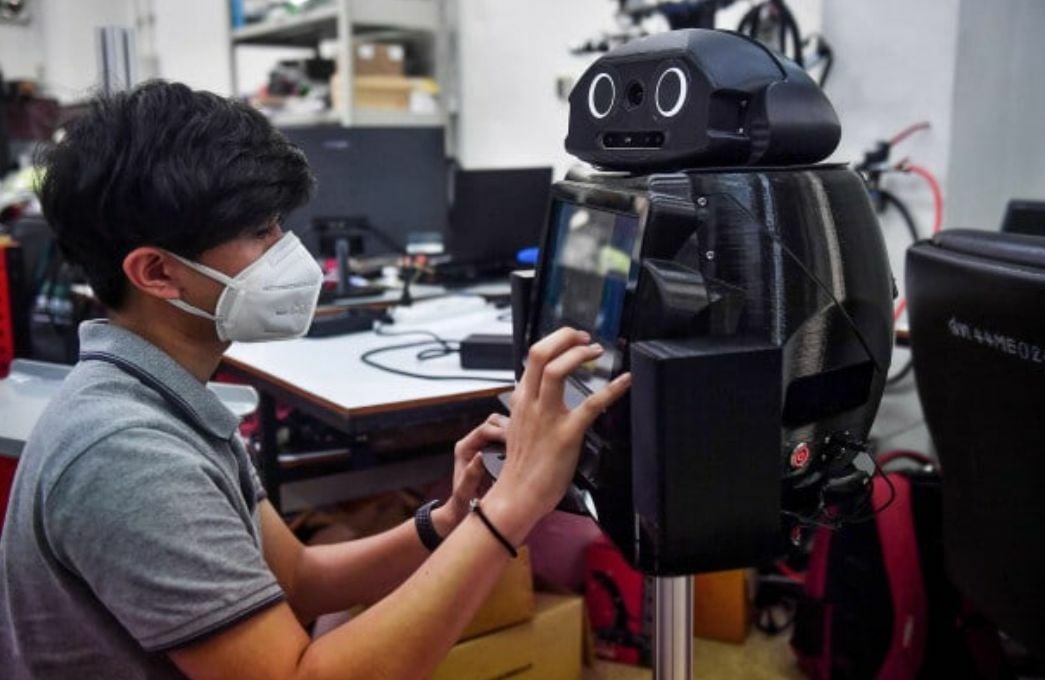Thailand invests 8 billion baht for AI and EV industry research

Thailand Science Research and Innovation (TSRI) earmarked an 8 billion baht investment to enhance the nation’s pool of young researchers, supporting key S-curve industries like artificial intelligence (AI), electric vehicles (EVs), and quantum technologies.
The fiscal 2025 budget includes plans to prepare 100,000 employees for the semiconductor industry, leveraging opportunities arising from geopolitical conflicts. Chairman of the National Commission on Science, Research and Innovation, Sirirurg Songsivilai commented on the current industry landscape.
“Thailand urgently needs more researchers to support the country’s competitiveness in science and innovation, especially in S-curve industries.”
He emphasised the necessity for young researchers with diverse expertise to tackle future challenges.
Additionally, Sirirung stressed Thailand’s need for more research infrastructure, new equipment and laboratories, research funding, and a network for research collaboration.
“These frontier researchers, industries, and social science researchers will have the capabilities to develop the country.”
Frontier research aims to push the boundaries of knowledge, hoping for breakthrough discoveries.
Future talent
For fiscal 2025, the government has allocated a budget of 19.3 billion baht for R&D across 195 agencies and institutions. Out of this, 8 billion baht is dedicated to human development, with 2.5 billion baht specifically for promoting young researchers.
TSRI President Patamawadee Pochanukul highlighted that Thailand currently has 250,000 researchers, equating to 24 per 10,000 people. However, to meet its 2027 target, the country needs 42 researchers per 10,000 people, approximately 420,000 researchers in total. Achieving this would require an investment of 30 billion baht.
Thailand aims to increase the number of its leading global researchers from 14,000 to 38,000 by 2027. The country also seeks to boost the number of highly skilled workers from 3.95 million to 15.2 million by 2027, said Patamawadee.
“A high-skilled workforce will increase income per capita to 513,000 baht per year, from the current 248,000 baht per year.”
To meet future demands, Thailand needs 160,000 annual graduates in science, technology, engineering, and mathematics (STEM) fields by 2027, up from the current 110,000. TSRI Vice-President, Nirawat Thammajak recognises this growing demand.
“We need to estimate the demand for frontier researchers in AI, EVs, and quantum computing to support S-curve industries.”
Beneficiary of global tensions
He identified the semiconductor sector as strategic, noting that geopolitical tensions between the US and China are shifting semiconductor plants from Taiwan to Southeast Asia, mainly Thailand, Malaysia, and Vietnam.
Nirawat pointed out that Thailand could supply 100,000 high-skilled workers to the semiconductor industry, with 88,880 workers already in related fields like electrical engineering as of 2021.
The Higher Education, Science, Research and Innovation Ministry plans to propose a workforce development strategy to the cabinet to meet future semiconductor industry demands.
Nirawat also stressed the need for social scientists and environmental researchers to address the country’s challenges.
“Multidisciplinary work among researchers is essential to tackle issues such as PM2.5 pollution.”
Director of the Princess Maha Chakri Sirindhorn Anthropology Centre, Komatra Chuengsatiansup mentioned that social sciences currently have 100 leading researchers and 1,000 social scientists, reported Bangkok Post.
Latest Thailand News
Follow The Thaiger on Google News:


























